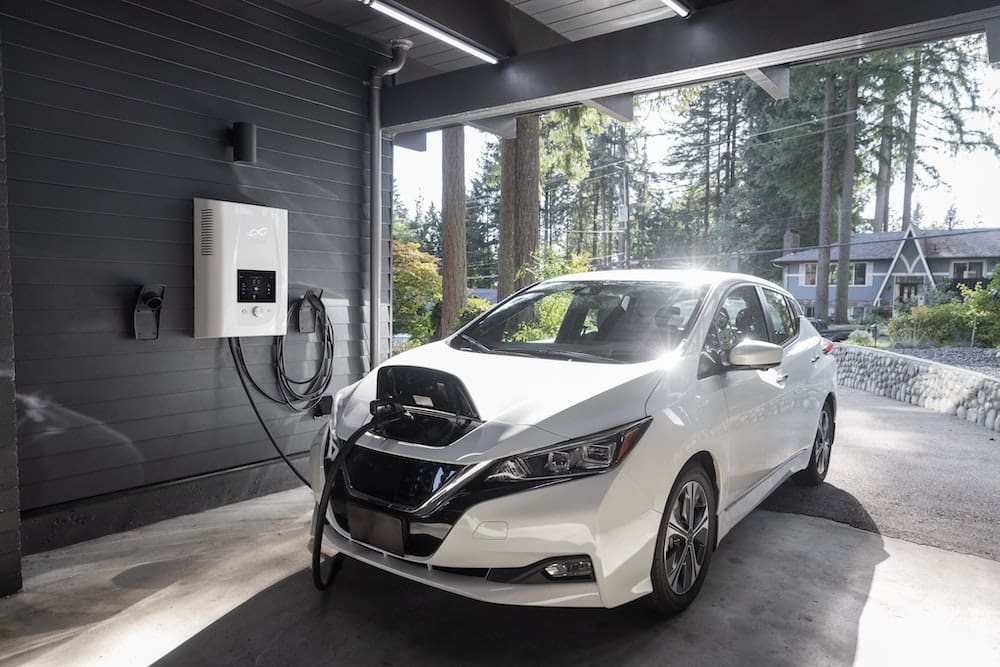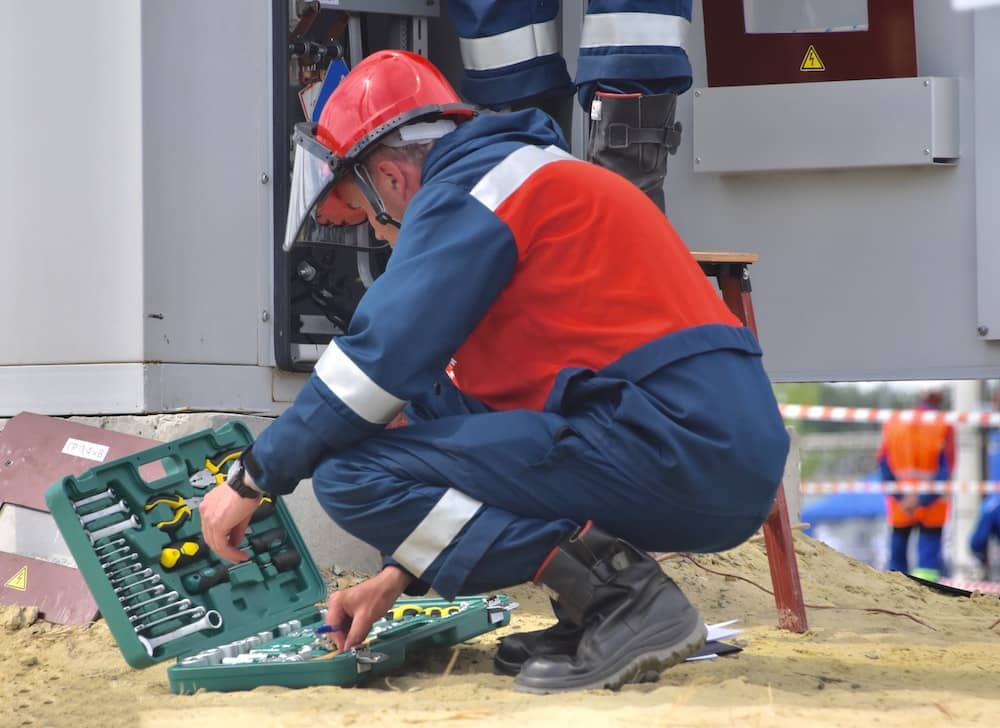You’re thinking about installing an EV charger at home or at your business. One of the most pressing questions is, how much will it cost?
On average, EV charging station installation cost ranges from $1,000 to $2,500. However, the cost varies depending on your location and the type of charger you choose. It also depends on whether it is portable or hardwired.
If you’re planning to buy an EV charger for your own vehicle, you should know that many EVs come with a Level 1 charger. This can be easily plugged into a 120-volt outlet. However, you can always upgrade to a faster charging station.
So, what are the factors that will influence how much installing an EV charging station will cost? Let’s delve into them.

Let’s distinguish between Level 1 and Level 2 EV chargers.
| Level | Installation | Charging Time | Price (Home) | Price (Commercial) |
|---|---|---|---|---|
| 1 | Existing Outlets | Up to 10 hours | $300 – $1,000+ | N/A |
| 2 | Professional | 4-8 hours | $700 – $1,800+ | $12,000+ |

When opting for a Level 2 charger, you’ll need to decide between hardwired or plug-in options. A plug-in unit only requires the electrician to run power from the breaker box to the outlet.
In this case, you’ll need access to a 240-volt electrical outlet. However, a hardwired unit requires a more extensive installation and is generally more expensive.
In addition to running power from the breaker box, an electrician must connect the charger to your home or business’s wiring system. This may require additional labor hours and materials for installation. Depending on your needs, you can choose the best option that suits you.
Besides the main charger, there are other accessories that could add to your upfront costs. These include surge protectors, extension cords, mounting brackets, and other supplies.
Depending on the state of your home or business’s existing electric system, you may also need to install additional wiring or outlets to accommodate the installation of your EV charger. Keep in mind these additional costs when calculating the total cost of your EV charger installation.

Electricians may charge by the hour or at a flat rate for installing your EV charger. Permits are necessary for EV charger installation, and the cost of these permits can vary greatly depending on your locality.
It’s always wise to contact a licensed electrician for an estimate before installing your charging station to ensure you get the best deal. Additionally, you may need to consider permit costs, which could add a few hundred dollars to the overall project cost, depending on your jurisdiction.

Owning an EV charger involves some ongoing costs. Some manufacturers charge a small monthly fee for their cloud-based systems, while others charge fees for public usage.
Most wall units require minimal or no ongoing maintenance and have a warranty. However, you may have to pay for repairs or upgrades if your charger malfunctions. Make sure to check the warranty included with your unit.
You will have to pay for your EV charger’s electricity unless you use renewable energy sources. The cost of electricity varies depending on where you live and how much you drive. It’s a significant expense to consider when budgeting for your EV charging setup.
Remember that even well-maintained EV chargers will eventually need replacing. As the EV industry evolves, newer charging units with more features and better performance will become available. Consider how much the cost of replacing your charger may change over its lifetime if you plan to keep your EV for a long time.
You can reduce the cost of installing your EV charger by taking advantage of applicable tax credits or rebates. Many states and utility companies offer incentives for installing a home charger. Check your state and local government websites for more information. You may also qualify for federal tax credits that lower the overall installation cost.
You can also save money by shopping around and comparing different models and quotes. Many suppliers offer discounts for purchasing multiple charging units at once, so if you plan to install more than one station, look for deals to help lower the installation cost.
Remember, purchasing an EV charger for your home or business will likely become a profitable long-term investment. Installing an EV charger can help you save money in the long run by reducing your reliance on expensive fuel. With proper research and planning, you can ensure that your charging station will be a great addition to your home or business for years to come!
Are you interested in learning more about EV charging infrastructure?
[INSERT_ELEMENTOR id=”4162″]